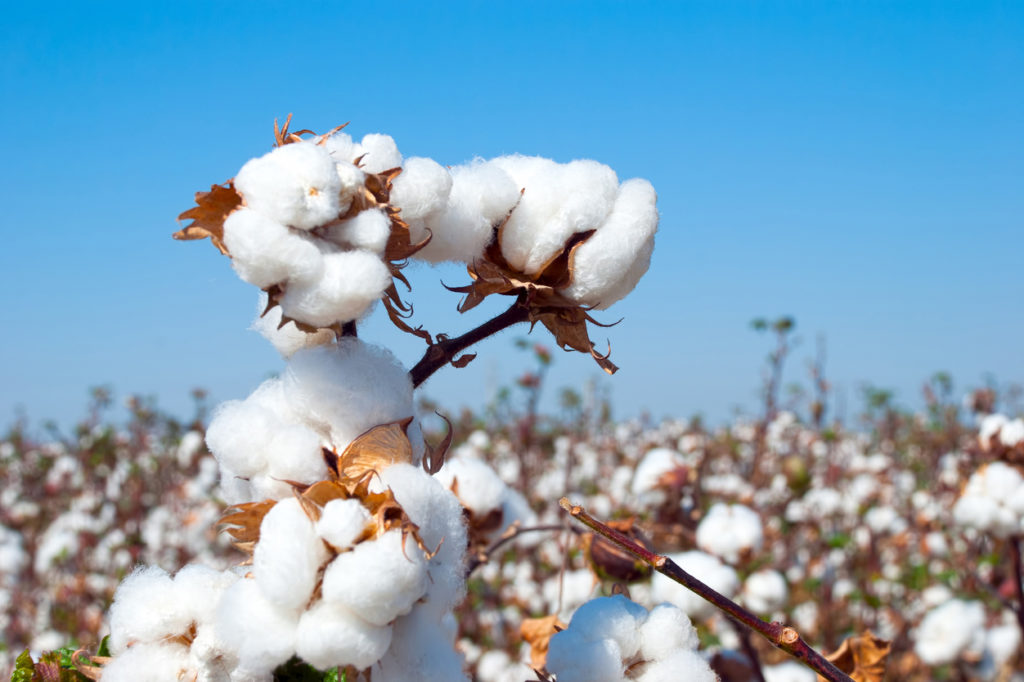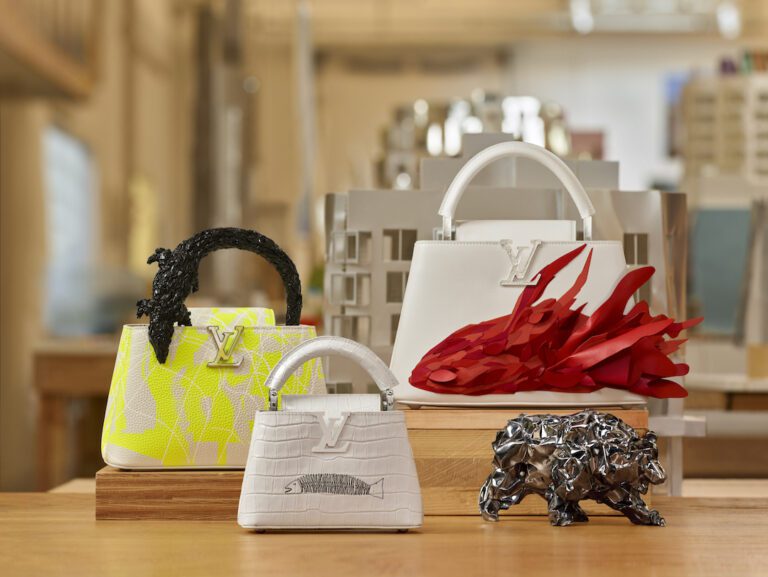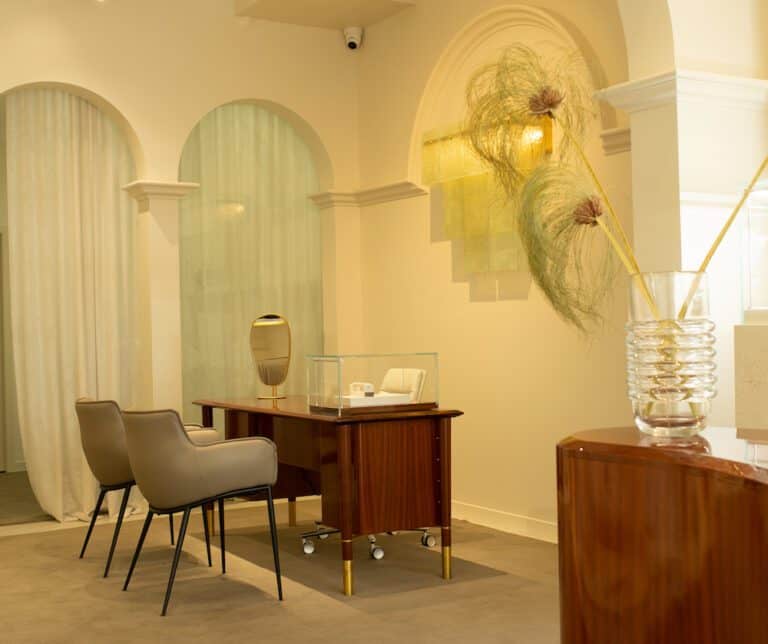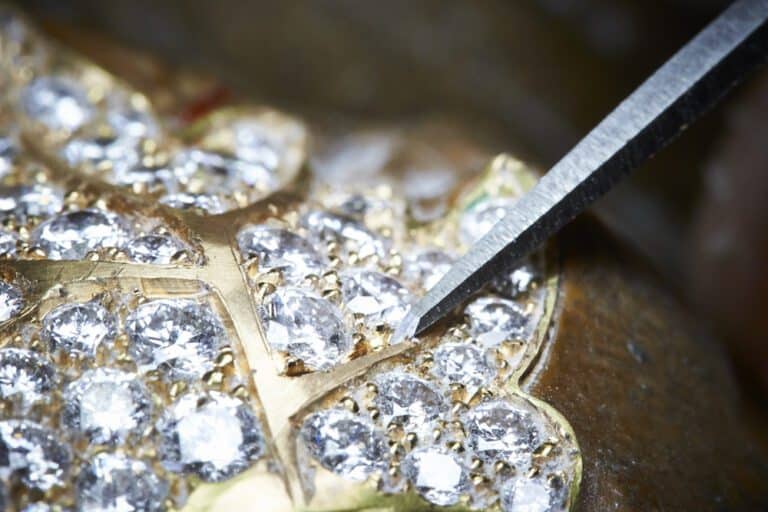The fashion industry has certainly become more transparent since the Rana Plaza building tragedy of 2013, but there is still a long way to go, the new Ethical Fashion Report reveals. Released today, this is the fifth report produced by Baptist World Aid Australia that examines labour rights management systems in the fashion industry.
The report tracks 114 companies that represent 407 brands to ensure they uphold worker rights. These include the right to a safe workplace, a living wage, and the freedom from forced and child labour. To allow consumers to make more ethical shopping choices, the report grades each company on the strength of the systems they have in place to uphold these rights. Accompanying the report is the 2018 Tearfund Ethical Fashion Guide, which provides consumers with an easy platform to examine their options. “The Ethical Fashion Guide is a practical tool Kiwis can use to help encourage companies to reduce worker exploitation and pay fair wages”, explains Tearfund’s Ethical Fashion Project Manager Claire Hart.
The 2018 report revealed some shocking statistics about how ethical our fashion industry is. Of the 114 companies, only 18 received A-range grades with the median grade being C+. And while transparency has improved – the percentage of companies publishing full direct supplier lists increased from 26% to 34% in the last year – Worker Empowerment remains appallingly low, with the median grade sitting at D-. Another surprising statistic shows that only 22% of the companies have a policy addressing gender inequality in the supply chain.
Eighteen New Zealand brands were included in the 2018 report, representing 43 brands overall. Of the eighteen companies, six have been assessed for the first time, including Ruby, Trelise Cooper, Barkers and Kowtow. Three of the top five companies in the report were New Zealand companies: Common Good, Icebreaker and Freeset all scored the top grade of A+. “New Zealand has made great progress in the last year with seven companies publishing supplier lists, up from zero companies in 2017″, Hart says. “We’re pleased to see some New Zealand companies becoming more aware of worker empowerment and intentionally considering how much their workers are being paid. It’s a step in the right direction, but from this year’s results, it is evident we still have a long way to go before we will see a major shift in the industry take place.”
The 2018 Report also includes preliminary data on the global fashion industry’s environmental performance. Only 7% of the companies examined knew where their raw materials, such as cotton, come from. However a number of companies demonstrated outstanding environmental management, including H&M, Kowtow and Patagonia.
How did New Zealand brands fare?
- AS Colour – C+
- Barkers – C+
- Common Good – A+
- Glassons Hallensteins Holdings – B+
- Farmers – D-
- Freeset – A+
- Icebreaker – A+
- Karen Walker – C
- Kowtow – A
- Macpac – B
- Max – D+
- Ruby – D+
- Trelise Cooper – F
Download the 2018 Tearfund Ethical Fashion guide here and pick up the June issue of MiNDFOOD on sale Monday 7 May to read our feature on transparency in the local fashion industry.







